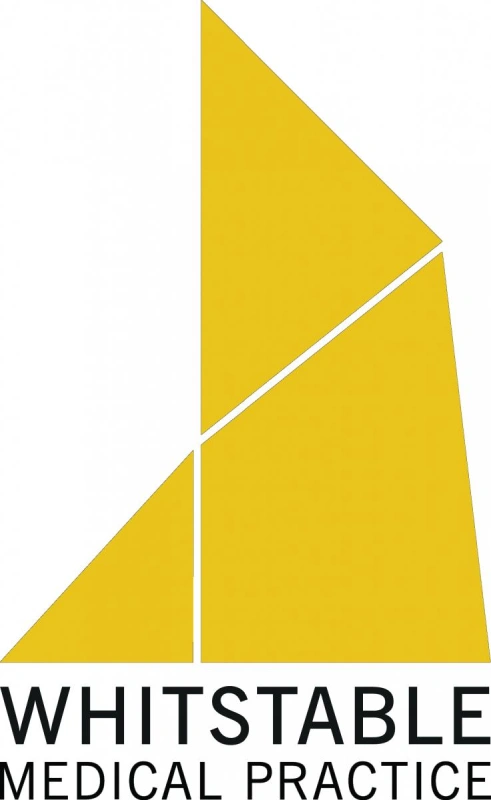We use cookies to help provide you with the best possible online experience.
By using this site, you agree that we may store and access cookies on your device. Cookie policy.
Cookie settings.
Functional Cookies
Functional Cookies are enabled by default at all times so that we can save your preferences for cookie settings and ensure site works and delivers best experience.
3rd Party Cookies
This website uses Google Analytics to collect anonymous information such as the number of visitors to the site, and the most popular pages.
Keeping this cookie enabled helps us to improve our website.
Whitstable Medical Practice offers a Local Steroid Injection Service which is accessible to any patient registered with Whitstable Medical Practice.
To book an appointment, your GP will ask you to contact a Patient Coordinator for your respective surgery to book in with a GP who specialises in giving Local Steroid Injections.
What is a Local Steroid Injection?
The purpose of local steroid injections is to relieve pain and stiffness and to help restore function. Most people find these injections to be only slightly painful, and most derive some benefit. The following comments are designed to help your understanding of this procedure:
- It is generally advisable to rest the injected part for 1-2 days and to avoid strenuous use for 5 days.
- If the area injected is painful then simple painkillers such as paracetamol 2 at a time, 4 times daily are usually adequate assuming you are not allergic to paracetamol
Most people do not experience any side effects from this injection; however the potential side effects are listed below:
- Post-injection flare of pain in 2%-5% of people. Pain worsens for a while and then reduces within 1-2 days. This is best treated by applying ice wrapped in a tea towel and taking simple painkillers.
- Infection - this is very rare, affecting only 1 in 10,000 people. It can be identified by the presence of redness, swelling, heat and pain at the injection site and possibly feeling flu-like. If this rare event is suspected then do seek medical advice immediately.
- Skin discoloration, usually paleness. This improves with time.
- Subcutaneous fat atrophy. This means that the fatty layer under the skin can occasionally be thinned by the steroid, leaving a dimple in the skin. This is more common with repeated injections to the same site.
- Bleeding at injection site. This is rare and usually easily dealt with by applying pressure for 2 minutes.
- Calcium forming in the soft tissues with repeated injections at the same site.
- In the case of joint injections, the joint can be injured with cartilage and bone thinning (osteoporosis) after repeat injections. It is for this reason that most doctors suggest no more than 3 injections in any one location per year.
- Tendon thinning and rupture in less than 1% of patients. Most doctors avoid direct injection into tendons for this reason.
- Minor calcification (calcium deposits) around the capsule of joints, notably the shoulder.
- A rare complication termed avascular necrosis in which the blood supply to a joint is reduced.
- Flushing of the skin – this is temporary and not serious.
- Temporary impairment of diabetic control. Sometimes blood sugar levels can be increased for up to 2 weeks after steroid injections.
- Fainting.
- Anaphylaxis. This is a very rare and severe allergic reaction. It would normally occur within minutes of the injection. The Practice has the necessary equipment and drugs to treat this.
The doctor who gave you this injection will normally advise you of your options for follow-up should further injections be desirable. The maximum number of injections in 1 course is normally 3. Injections are generally given at 4 month intervals but may be given sooner depending on certain presentations; this is at the discretion of the clinician.
The Team
- Dr John Ribchester
- Dr Nosa Stevenson
- Dr Inderpal Malhi
Cancellations
If for any reason you cannot make your appointment, or if you have any queries following an appointment, please contact your surgery Patient Coordinator team on: 01227 284300
Clinic Location
Estuary View Medical Centre
Boorman Way
Whitstable
Kent
CT5 3SE



